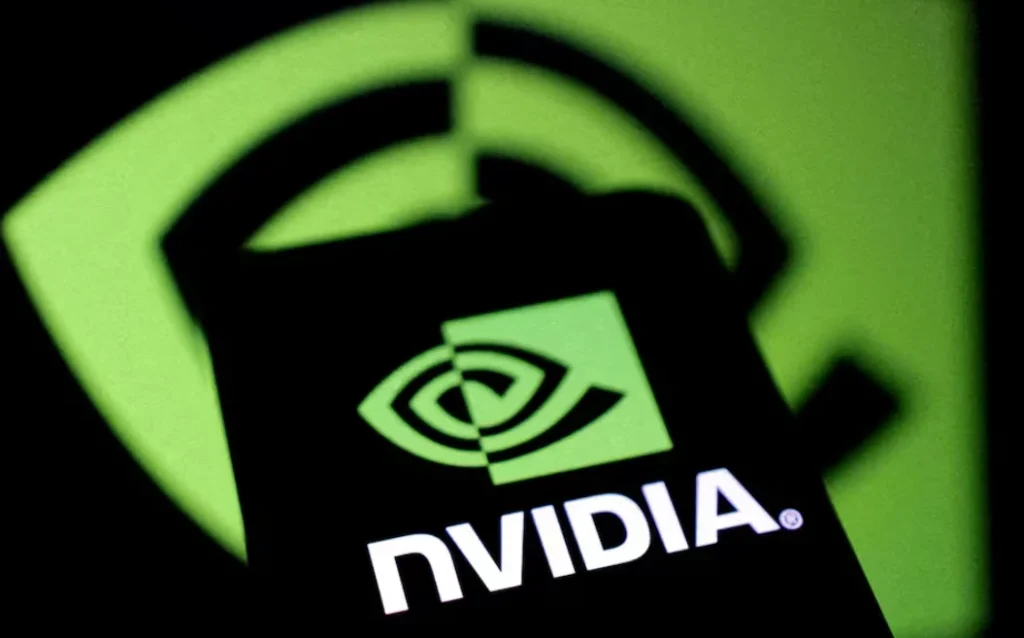Nvidia’s China Restart for H20 AI Chips Stalled by Production and Licensing Hurdles
Nvidia’s plans to resume sales of its H20 AI chips in China have run into significant production obstacles, according to a new report by The Information. Despite recent optimism, the company has reportedly told Chinese customers that supplies of the H20 chips are extremely limited due to U.S. export restrictions and manufacturing delays.
The H20 chip, Nvidia’s most advanced AI processor still permitted for export to China under current U.S. rules, was affected by an April 2025 ban that required license approvals for any shipments. The ban forced Nvidia to void existing Chinese customer orders and cancel pre-booked manufacturing capacity with its long-time partner, Taiwan Semiconductor Manufacturing Company (TSMC).
TSMC Production Shift Causes Major Delays
According to The Information, TSMC reallocated its H20 production lines to manufacture chips for other clients once Nvidia paused its Chinese operations. As a result, ramping up H20 production from scratch could take up to nine months, Nvidia CEO Jensen Huang reportedly said during a media event in Beijing this week.
The report further suggests that Nvidia has no immediate plans to restart H20 chip production, though this claim was made without citing sources. Nvidia has declined to comment, and Reuters has not independently verified the report.
U.S. Export Policy Still Limits Nvidia’s Options
Under the revised U.S. export policy, H20 chip sales to China require license approvals—a process that may further delay Nvidia’s re-entry into the Chinese market. While Huang has expressed confidence that the export licenses will be approved quickly, the actual timing and volume of shipments remain uncertain.
Nvidia Eyes Alternative With RTX Pro GPU
In response to the ongoing regulatory and production challenges, Nvidia also announced development of a new chip designed specifically for the Chinese market—the RTX Pro GPU. This chip will be fully compliant with U.S. export restrictions, offering Nvidia a path forward as it navigates increasingly complex U.S.–China tech relations.
Market Implications
Nvidia’s delays could impact:
- Chinese AI development relies on H20-class performance
- Competitor opportunities for local Chinese chipmakers
- Global chip supply chain dynamics, particularly at TSMC
This setback highlights the broader consequences of U.S.-China tech tensions and the fragility of supply chains in the AI chip sector.
Conclusion
While Nvidia aims to restore its presence in the lucrative Chinese AI market, production delays, export licensing hurdles, and shifting geopolitical policies present serious roadblocks. Until production resumes or new compliant chips like the RTX Pro GPU reach scale, Nvidia’s Chinese ambitions may remain in limbo.












